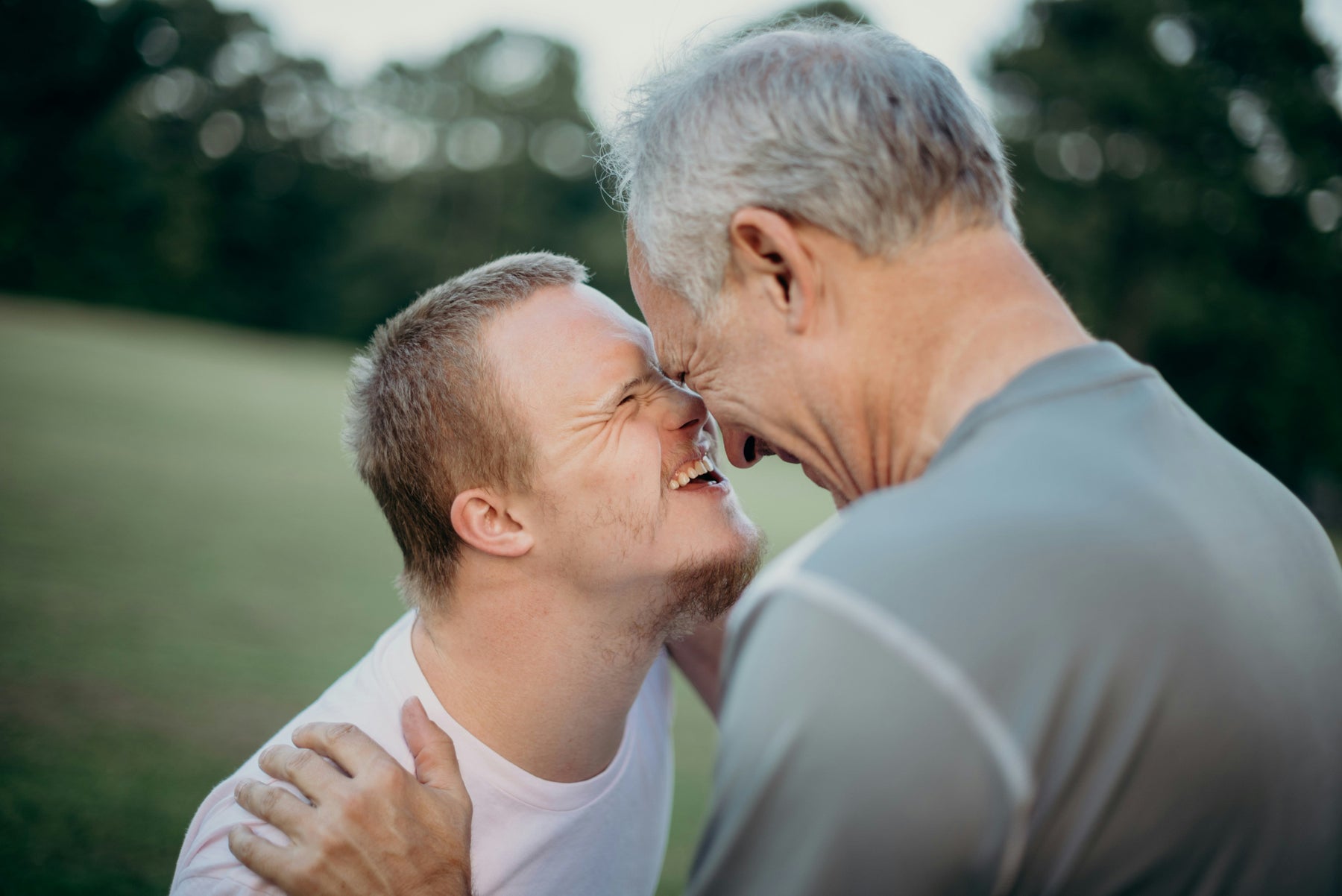
How to talk about disability with your child
Children are inquisitive about the world around them and naturally will ask questions when curious about something or someone. Understandably, this includes disability and children and adults with disabilities. This shouldn’t be discouraged.
Knowledge means understanding, awareness, and acceptance, which we should always encourage. This blog will explore how to talk to your child about disability.
Using positive language when talking about disability in general
Always use positive language when talking about disability. You can explain that we are all different and everyone has things that make them special and unique. Being different is great – the world would be boring if we were all the same! You could use books or the
internet to show your child people with disabilities and make them aware that disability is not something to be scared or worried about. We should celebrate our differences.
If your child has questions about specific disabilities, ensure that you use reliable sources to tell them information, such as the NHS, books, or someone with the disability in question.
Make sure you address your child’s curiosity. For example, if they have noticed a person
with a visual difference, use it as an opportunity for learning rather than avoiding the topic. Respond to their observations with simple, honest explanations appropriate for their age. But remember to tell them whilst it is a normal reaction to look at someone, it is rude to stare and kind to smile.
What if your child is disabled?
If your child has a disability and is starting to ask questions about it, it’s important to be
honest and direct, whilst using positive, age-appropriate language. Address any of their
questions or concerns openly and honestly. Explain that their disability is a part of them, but not who they are. Whilst it makes them unique and special, it is okay to feel frustrated or upset by the limitations or pain it may cause them. Allow them time to process the information and make sure that they know that they can speak to you at any time about it. If need be, seek advice from a health professional for guidance on how to navigate the conversation.
Using books and social stories to talk about your child's disability with them
There are lots of books available that are disability specific or speak about disability in
broader terms that are fantastic for children. If your child struggles with communication, there are also social stories online or you can ask school or a speech and language therapist to help you create one specifically for your child.
It might be worthwhile exploring local disability groups or sports clubs so that your child can meet other children with similar experiences.
Talking to siblings about disability
Siblings of children with disabilities grow up with disability around them, but understandably still have questions and sometimes frustrations with being a young carer. For example, they might feel that their disabled sibling gets more attention or feel upset that they cannot go somewhere because it is inaccessible for their brother or sister. It’s important to empathise with them and let them speak to you openly and honestly. There are books available specifically aimed at children with disabled siblings and young carers groups often available through your local carers centre. Speaking to other siblings of children with disabilities is often helpful.
Remind your child that they are lucky to have a special sibling and equally their brother or sister is lucky to have them as a special sibling too. Together, they are teaching and learning from one another.


